ORIGINAL RESEARCH
Published on 13 Oct 2022
“It hurt but it helped”: A mixed methods audit of the implementation of trauma- focused cognitive-behavioral therapy for psychosis
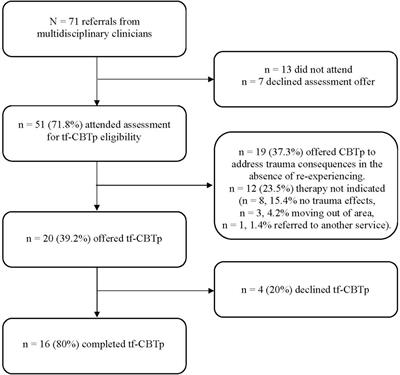
doi 10.3389/fpsyt.2022.946615
- 4,645 views
- 8 citations
9,196
Total downloads
47k
Total views and downloads
Select the journal/section where you want your idea to be submitted:
ORIGINAL RESEARCH
Published on 13 Oct 2022

SYSTEMATIC REVIEW
Published on 06 May 2022
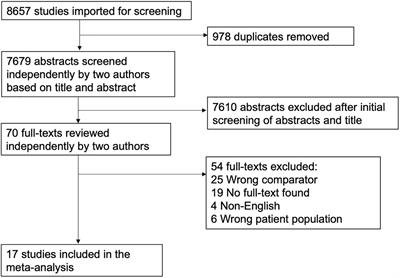
ORIGINAL RESEARCH
Published on 28 Apr 2022
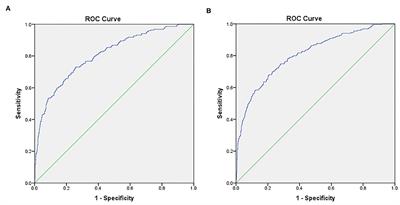
ORIGINAL RESEARCH
Published on 23 Mar 2022
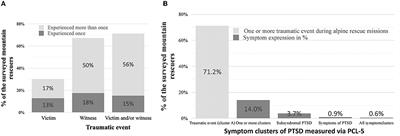
ORIGINAL RESEARCH
Published on 16 Mar 2022
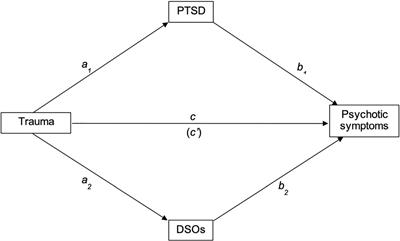
BRIEF RESEARCH REPORT
Published on 04 Feb 2022
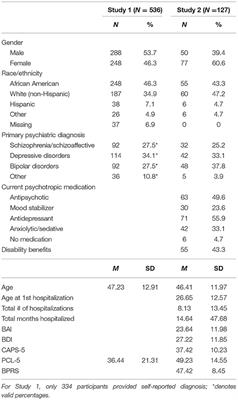
REVIEW
Published on 10 Jan 2022
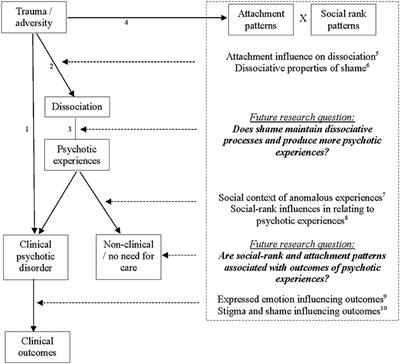
ORIGINAL RESEARCH
Published on 29 Nov 2021
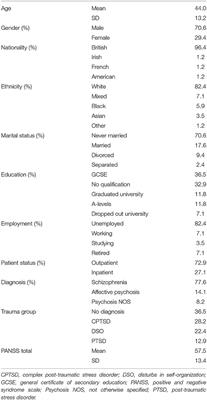

Frontiers in Psychology